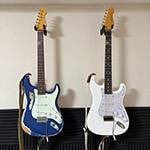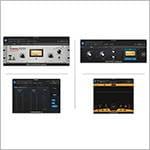Hello, this is Conservario.
For most band musicians, personal practice happens at home, while band practice takes place in a studio.
Many players even prefer band practice over playing alone at home!
When rehearsing in a studio, there are three key etiquette rules you should keep in mind.
Whether you’re currently in a band or planning to form one, this guide will be helpful.
■ Studio Etiquette #1: Be Punctual
The most important rule comes first—punctuality.
If you can follow this one rule, you’re already off to a good start.
However, if you can’t, no matter how skilled you are, you might not be suited for band activities.
In that case, solo music production using a computer or live streaming your performances might be better options for you.
In a band, musical style and technical skills are important, but even before that, compatibility in personality and character is crucial.
If that doesn’t align, the band will inevitably break up.
For example, if your band agrees to meet at the studio at 6 p.m., what time would you arrive?
There’s no absolute right answer, but all members should have similar expectations.
If everyone has the same approach, the band is more likely to succeed (though, of course, success isn’t guaranteed).
On the other hand, if one member plans to arrive 10 minutes early, another arrives exactly on time, and another thinks being 5 minutes late is acceptable, the band will likely break up sooner or later.
People who are habitually late don’t understand why punctuality matters, nor do they care.
Because of this, those who do arrive on time are always forced to adjust for the latecomer. Honestly, it’s best to cut ties with habitual latecomers.
I was once told by my mentor: “Being on time is the easiest way to earn trust, and being late is the easiest way to lose it.” I’ve lived by this ever since (and no, I was never a chronic latecomer myself!).
In the future, whether you’re rehearsing in a studio, performing at a live house, or recording in a studio, punctuality will always be crucial.
At worst, being late to a studio rehearsal only inconveniences your bandmates.
However, at live venues or recording studios, time is managed down to the minute by many people.
Bands or musicians who fail to stay on schedule will be immediately warned or even banned if the issue persists.
Would you really continue working with a habitual latecomer—even at the cost of troubling your bandmates, other bands, and staff members?
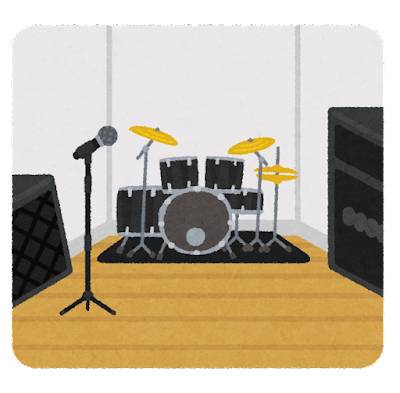
■ Studio Etiquette #2: Finish Your Personal Practice at Home
Studio rehearsals are meant for things you can’t do during individual practice:
Checking volume balance, fine-tuning your sound, and rehearsing stage movements.
When a live show is coming up, many bands use studio time for a full run-through—almost like a dress rehearsal.
Since studio time is for things you can only do together as a band, it’s unacceptable to use it for practicing parts you haven’t learned yet or experimenting with a new effects pedal.
If there are parts you can’t play yet, practice them thoroughly at home.
If you absolutely have to go into rehearsal without mastering certain sections, inform your bandmates beforehand or simplify the arrangement so you can play through it.
Once the drummer counts in—”1, 2, 3, 4!”—you must play through the entire song.
Don’t stop mid-song and say, “Sorry, I still can’t really play this part yet...”
Rehearsal is a direct extension of the live show.
If someone treats studio rehearsals casually, chances are they’ll perform sloppily on stage too.
Approach every rehearsal as if it were the real performance, and make sure your personal practice is complete beforehand.
Doing so benefits your bandmates, the audience, and the staff—and in the end, it benefits you as well.
■ Studio Etiquette #3: Clear and Effective Communication
Every band has its own set of rules and routines, developed over time.
Since the members already know them, they often don’t take the time to explain or confirm them.
However, many bands fail to communicate these rules when a new member joins.
People tend to assume, “This is normal for me, so it must be normal for everyone else.”
As a result, important details are left unsaid, leading to frustration and misunderstandings:
“You should already know this!” → “Nobody told me that!”
When this happens, the blame falls on the band for not communicating properly.
Not the new member.
As mentioned earlier, a band won’t function well if personalities and values don’t align.
Even small, unspoken differences in expectations can shape the band’s overall vibe.
Why do some bands seem to be close-knit and having fun, while others are constantly changing members and radiating tension?
There are many reasons, but one key factor is whether the band members genuinely care about each other.
A group full of “I just want to stand out” or “If you don’t like it, leave” types will attract similar people, resulting in constant instability.
If you want a band that creates great music and grows together, prioritize clear communication and mutual respect.
Thanks for reading!
The “sound & person” column is made up of contributions from you.
For details about contributing, click here.






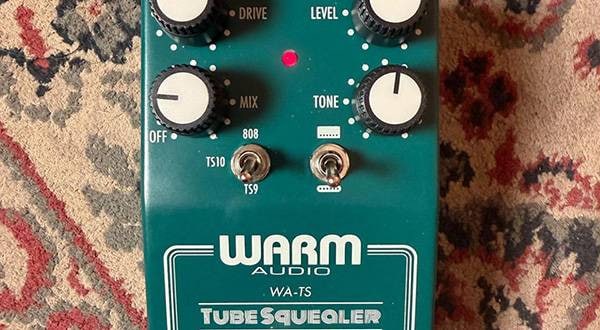
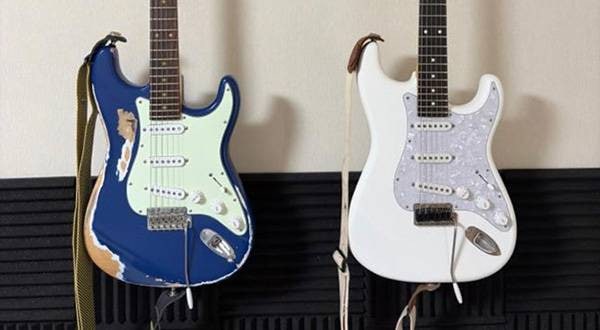

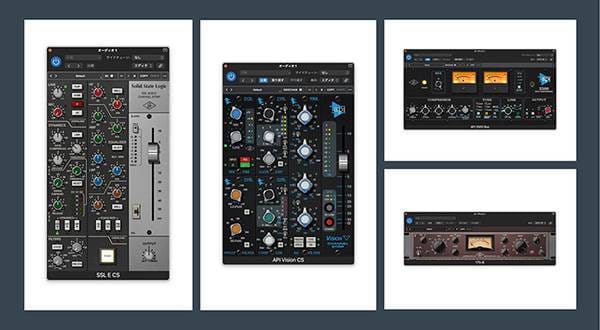
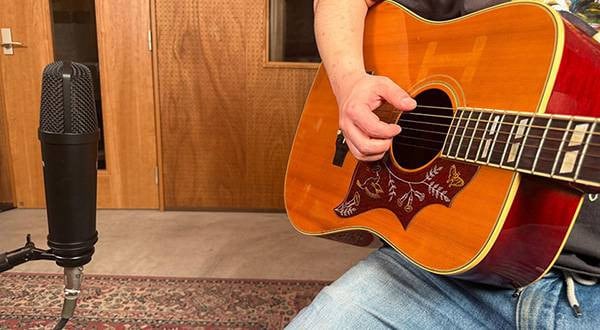
![[Recommended Monitors with Multi-Way Speakers] Guaranteed Recording Studio Quality Sound!](/contents/uploads/thumbs/2/2022/3/20220314_2_17056_1.jpg)
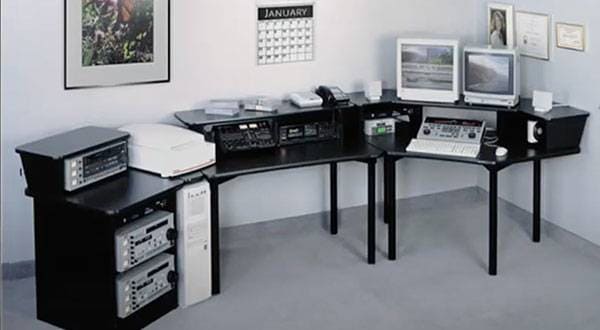
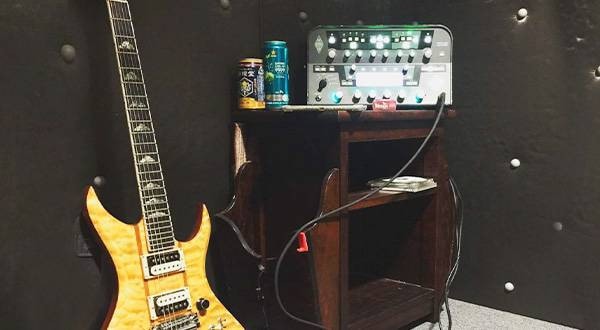


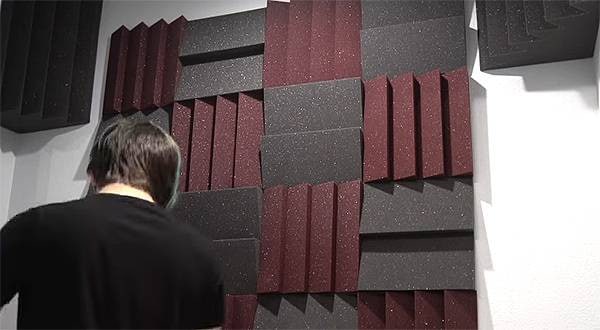
 ライブ配信に必要な機材
ライブ配信に必要な機材
 今こそ音楽を始めよう! I’m sound girl
今こそ音楽を始めよう! I’m sound girl
 超☆ライブ電車と銚子の音楽
超☆ライブ電車と銚子の音楽
 銚子電鉄でGO!! 超☆ライブ電車!!
銚子電鉄でGO!! 超☆ライブ電車!!
 配信・ポッドキャスト特集!(ライブ/動画/ゲーム実況)
配信・ポッドキャスト特集!(ライブ/動画/ゲーム実況)
 ライブをしよう!
ライブをしよう!

